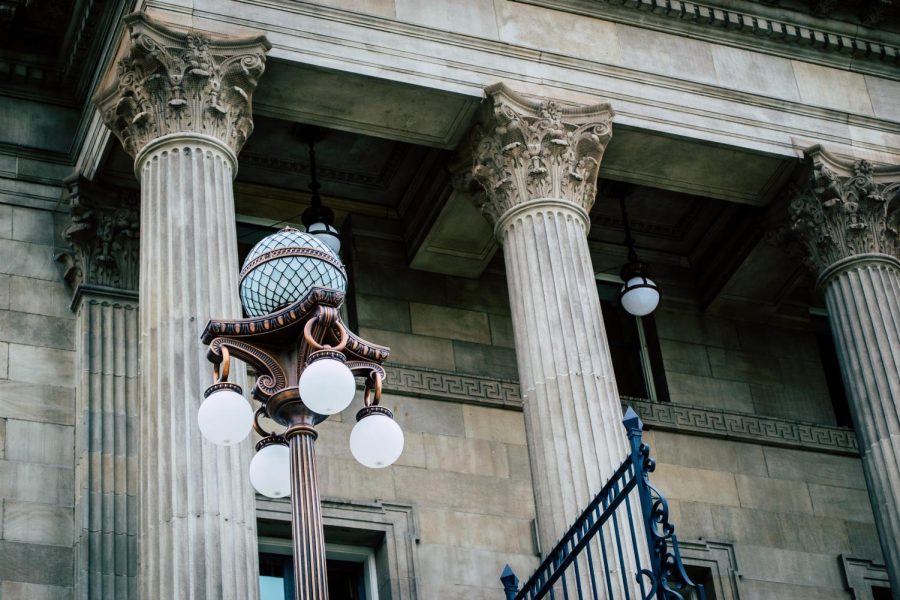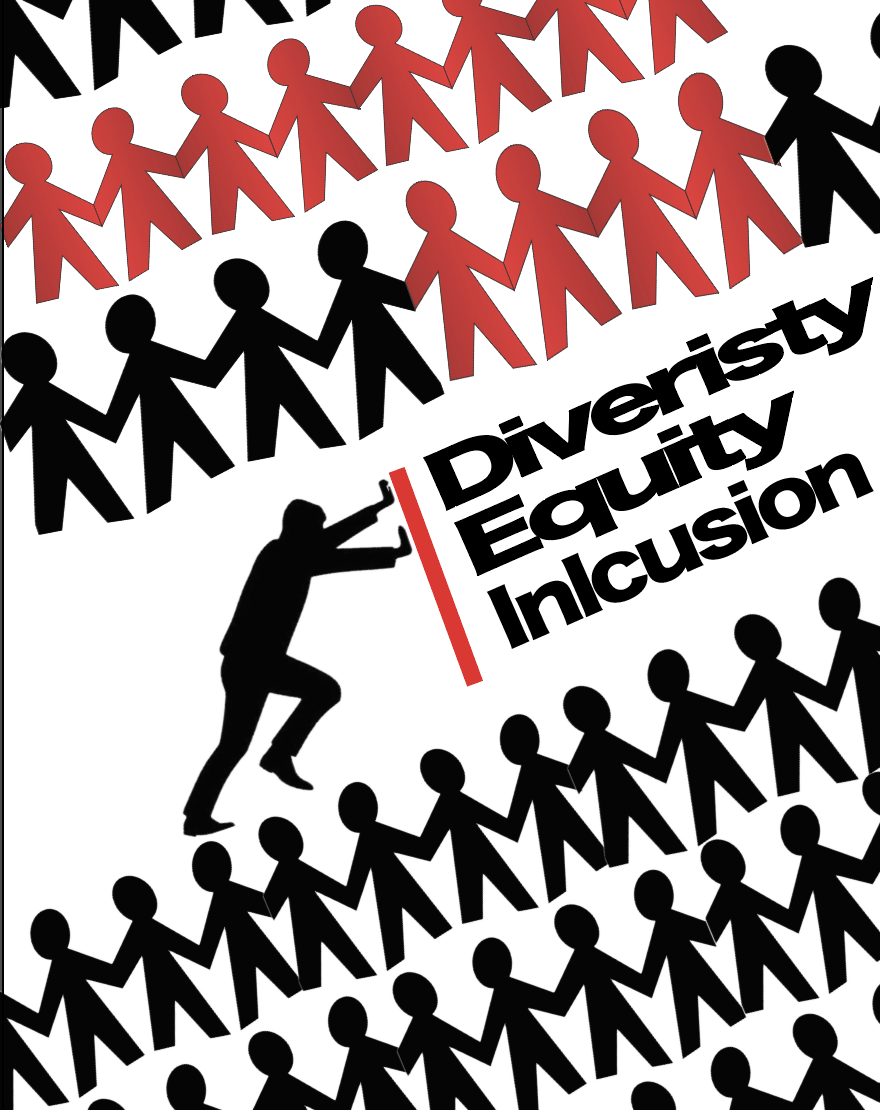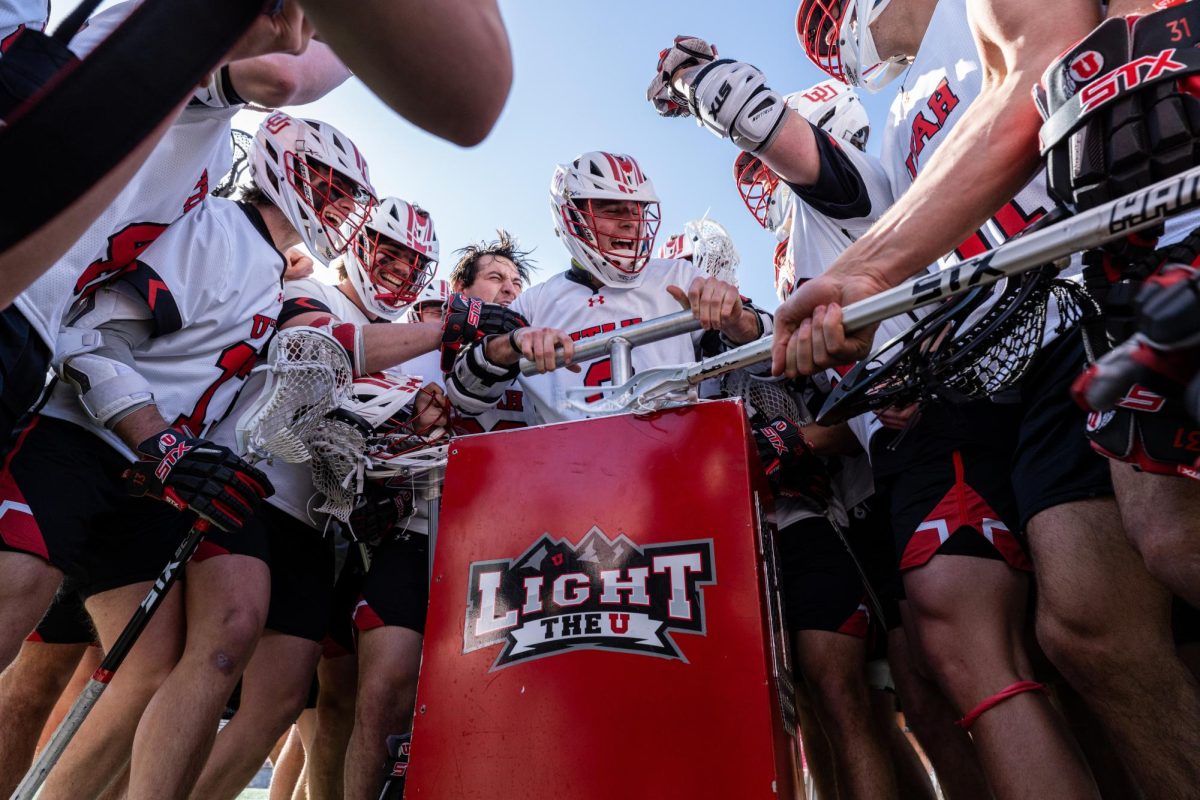Cushman: Trial by Jury Isn’t Always Just
November 3, 2021
The sixth amendment of the United States Constitution guarantees criminal defendants the right to trial by an unbiased jury of their peers.
Trial by jury’s place in our constitution comes from fear of tyrannical government. Years of unfair trials in British courts made newly independent Americans wary of judgment by government officials.
To protect American citizens, the founding fathers codified jury trials. However, research shows that as many as one in eight juries reach a wrong verdict. Jury trial is the American way of conducting a criminal trial, but that doesn’t mean it’s the only option — or even the right way to do so.
Biases Within Our Current System
One inherent problem with this system lies in selecting an unbiased jury. The process of jury selection has consistently produced biased results. For example, while race cannot legally be used to dismiss a juror, racial bias still exists in jury selection. Evidence shows that people of color get excluded from acting as jurors more often by judges and lawyers. Additionally, state laws that exclude people with criminal records from juries affect Black, Indigenous and people of color disproportionately.
Jury selection bias also extends beyond race. For example, Scott Peterson, a man convicted of killing his pregnant wife, was originally sentenced to death. His death penalty sentence was reversed after Peterson’s team appealed based on poor jury selection. Some prospective jurors were dismissed from his original trial after saying “they personally disagreed with the death penalty but were willing to follow the law and impose it.” The bias in that case was against people with a certain, less criminally punitive ideology. Prosecutors for the trial purposefully crafted a jury more likely to favor harsh sentences, which could have made them more likely to find him guilty.
Poor jury selection severely inhibits justice. Attorney Lila Silverstein said at a Washington state Supreme Court jury diversity symposium in 2017 that research shows “racially diverse juries spend more time deliberating, make fewer errors, and result in fairer trials than non diverse juries.” The racial bias in our jury selection process means a less fair trial process overall.
As for ideological bias like those in the Peterson trial, the consequences are twofold. Potentially innocent people can get locked away by an ideologically biased jury. And guilty people can get set free or receive a lesser sentence if appeals about jury selection bias are heard and found true in court.
Misinformed Jurors
Even if we amended the jury selection process to be fairer, we’d still face the issue of jurors who are severely ignorant. Modern trials try minimizing bias by selecting jurors unfamiliar with a case, sequestering jurors in high profile cases or even moving trials to different counties to keep jurors further away from the news. This effort serves to guarantee jurors are not biased by under-informed media.
However, this process also has the effect of selecting jurors less likely to be well-informed. Excluding jurors who read the news would more likely leave out jurors invested in the civic principles of upholding the law and producing fair outcomes.
And even if jurors aren’t selected directly for their ignorance, most ordinary citizens don’t have the background to understand all the legal jargon in the courtroom, the complexity of some laws or the validity of forensic evidence. Juries, unlike judges and lawyers, have no training to help them find truth and give just verdicts. They have more room to misinterpret evidence, get confused or follow a judge’s rules for finding a verdict.
Room for Improvement
Jury trials, despite their flaws, are intrinsic to the American legal system. But it doesn’t have to be that way. In recent years, the United Kingdom has restricted its use of jury trials to a narrower set of cases. Norway has found an alternative way to conduct trials that still involves citizens in the decision-making. There, citizens serve as “lay judges” instead of jurors, judging about twice a year over the course of four-year terms. They sit equally with professional judges to make decisions.
Jury trials may seem like the only option in the U.S. because it’s what we’ve always done, but other options exist. We could amend our trial system here to resemble one similar to Norway’s. We could give citizens a role in the court where they have legally educated peers to consult with and amend our selection process to minimize bias.
Our justice system should aim to find the truth and reach just verdicts. The evidence shows that juries can’t do that. Bias is inherent to the process of jury selection. Juries are inevitably ignorant both to civic principles and court proceedings. While trial by jury is foundational to American courts, it doesn’t mean we shouldn’t reevaluate it.












